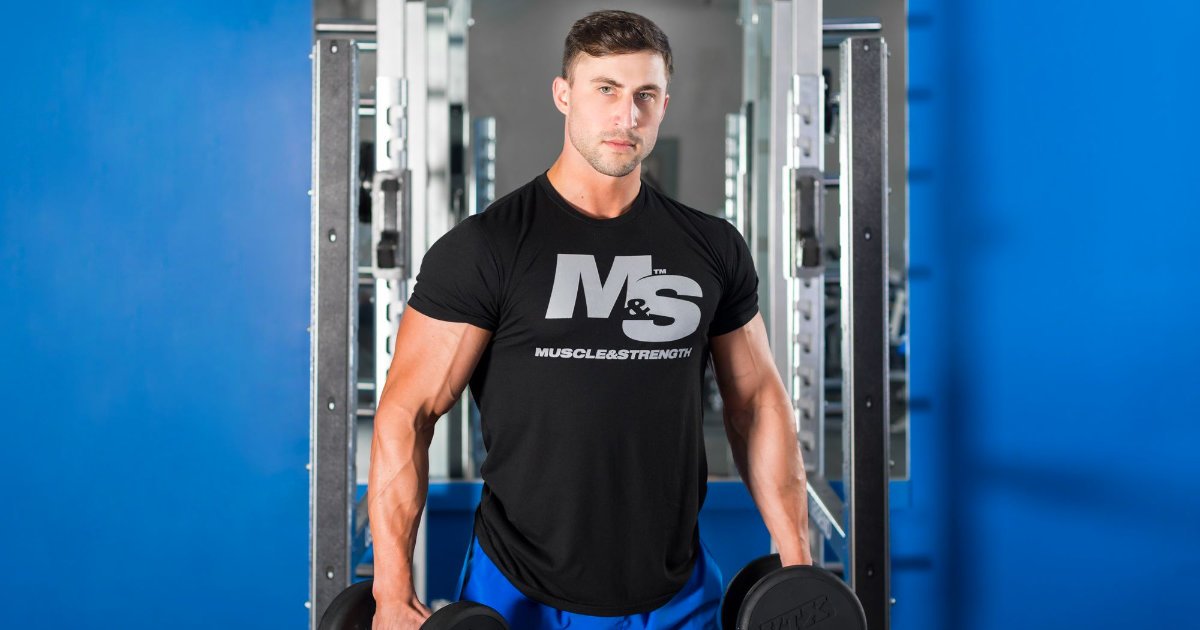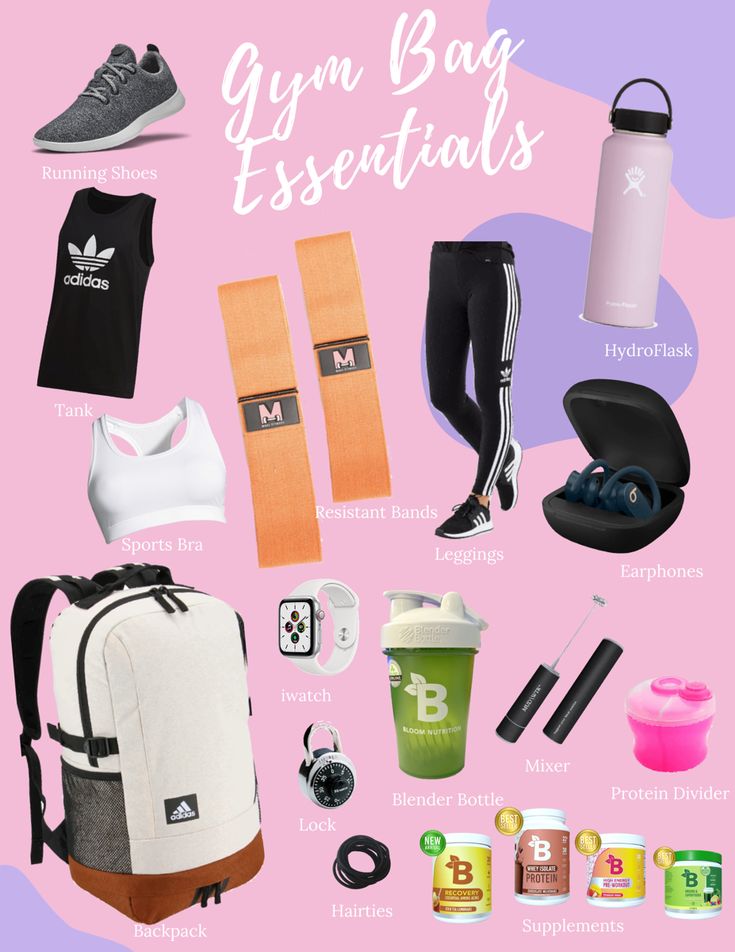
Home resistance training is great for many reasons. These include building lean and stronger muscles, lowering blood pressure, and increasing muscle strength. They have the added benefit of lowering blood pressure and increasing bone-building osteoblasts production. Start by choosing an exercise that you can fit into your daily schedule.
Strengthens muscles
The best health is closely linked to muscle-strengthening activity. However, despite this link, a large proportion of adult population does not meet recommended exercise levels. This area of research, which is crucial for the prevention of and treatment of chronic disease, has not received much attention. Future research should center on standardizing assessment tools, the development of devices for measuring muscle strength and incorporating these exercises into existing health surveillance systems.

Builds lean muscle
Strength training is a great method to build lean muscle. You will be able to carry groceries, climb stairs, and lift boxes. You'll feel more confident and will have a healthier body. But before you begin doing any muscle building exercises, it's important to understand what it takes to build muscle.
Lower your blood pressure
Research shows that home resistance training exercises can lower blood pressure. These exercises can be done throughout the body to lower blood pressure. You should be aware that these exercises might have side effects. One such adverse effect is an increase in sympathetic tone.
Stimulates osteoblasts
Performing weight-bearing exercises is the best way to increase bone mass and density. This type of exercise places the greatest stress on bones and triggers bone-forming cell called osteoblasts. Women, in particular, can benefit from weight-bearing activities that increase bone strength, mineral density, and other benefits.
Increases metabolism
Resistance training exercises are very efficient in increasing metabolism and helping to achieve weight loss goals. They are excellent for weight management and long term weight control. Your body is impacted by resistance training. This includes your muscles. Your resting metabolism rate (RMR), is an important factor in your total energy consumption. In fact, it accounts for 60-75% of your total energy expenditure when you are not exercising. Resistance training helps to burn fat and preserve muscle tissue.

Supports the building of bone
Weight-bearing exercises build bones by forcing the body to work against gravity. These activities include running, walking, climbing stairs, dancing, tennis, and jogging. People with musculoskeletal problems such as arthritis need to do weight-bearing activities. For strong bones, it is important to include at least 30 mins of weight-bearing exercise each day.
FAQ
Can I eat while I exercise?
Yes. While you're working out, you can eat whatever you'd like. Make sure you choose low-calorie snacks such as watermelon, carrots, celery, apples, bananas, and grapes. These foods provide nutrients that improve your performance during exercise.
How exercise and nutrition can improve your quality of life
Exercise helps you to stay healthy, lose weight, gain muscle mass, and reduce stress. Nutrition is vital for energy, mood, sleep, and overall health. If you want to live longer, eat less meat, drink alcohol moderately, avoid smoking, and do regular physical activity.
Are there any exercises that I shouldn't do or should I?
You should always consult with your doctor before starting any new workout routine. Some people are unable to exercise due to injuries. Certain activities require special equipment and training. Swimming, for example requires a swimming suit and access to the water.
What does exercise do for your body?
Exercise is a great way to lose weight, increase your energy, lower stress levels, strengthen your muscles, and improve your sleep quality. Exercise is good for your mood, self-esteem, productivity, and heart health.
Do I need heat before exercising?
Warming up before a sport can help reduce muscle soreness and increase performance. There are several ways to warm up. These include running, jumping ropes stretching, running and even cycling. You should start slow and gradually increase your speed and intensity.
Why is physical fitness important?
It is essential to maintain our physical health. We must exercise regularly to maintain our weight, strength, flexibility, and cardiovascular system. Exercise can help you sleep better, reduce stress, increase self-esteem, and increase energy levels throughout your day.
What is the significance of healthy nutrition?
We need to eat well for our health and wellbeing. A healthy diet should include fruits, vegetables and whole grains as well as lean proteins, dairy products, and legumes. A healthy diet will help you stay active and fit, which in turn leads to better overall health.
Statistics
- Globally, 28% of adults aged 18 and over were not active enough in 2016 (men 23% and women 32%). (who.int)
- Adolescent girls were less active than adolescent boys, with 85% vs. 78% not meeting WHO recommendations of at least 60 minutes of moderate to vigorous intensity physical activity per day. (who.int)
- One study showed that adults who watch more than 4 hours of television daily had an 80% higher risk of death from cardiovascular disease. (heart.org)
- An estimated 110,000 deaths per year could be prevented (cdc.gov)
External Links
How To
How to stay fit during pregnancy
Your body changes drastically when you become pregnant. Due to the fact that you are having a baby inside of you, your metabolism will slow down. You also eat less. Insufficient sleep can make you feel sick. But there are ways you can keep yourself healthy while still enjoying this exciting time in your life!
First, consult your doctor before you begin any exercise program. They can tell you what exercises you should avoid and which ones are safe for you to do. A second thing to do is eat well during pregnancy. This means eating lots of protein, fiber and iron. Third, you should drink lots of fluids. It's especially important to drink water when you're exercising since you lose a lot of fluid through sweat. Also, care for your feet. Keep your feet dry and wear shoes that support them. Take small bites of toast or crackers if morning sickness is a problem. You might end up feeling nauseated.
-
Eat Well. A healthy diet will be important throughout your pregnancy.
-
Stay Active. At least 30 minutes of exercise daily
-
Keep a healthy weight By eating smaller meals and snacks, you can lose weight.
-
Get enough rest. Each night, aim to get at least 7-9 hours of rest.
-
Manage Stress. Learn relaxation techniques.
-
Avoid Alcohol. It can cause miscarriage or birth defects.
-
Be gentle with yourself. Be gentle with yourself.
-
Take care of yourself. Have someone check in on you when needed.
-
Relax. Do the things that make your heart happy.